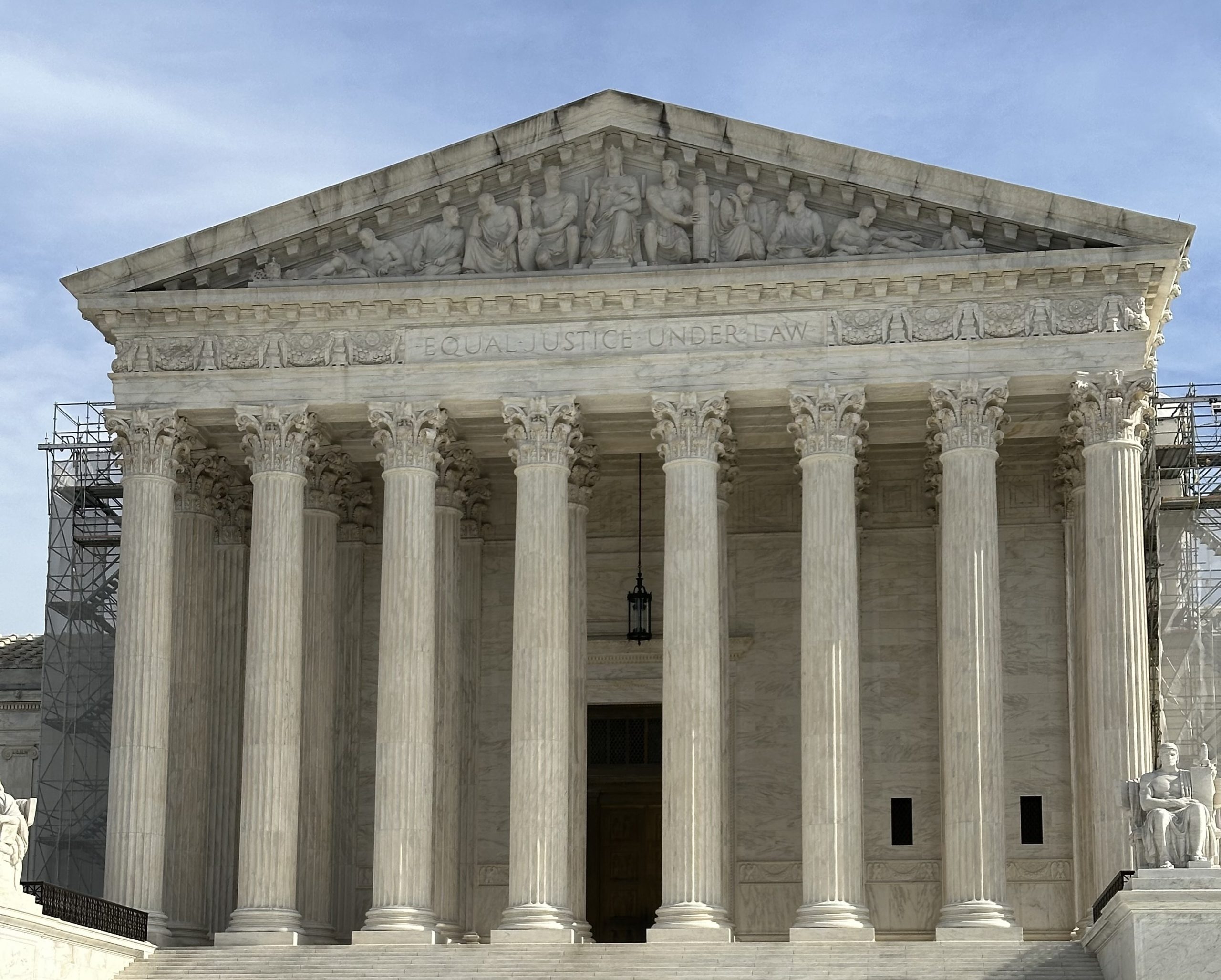CASE PREVIEW
Homeowners argue for interest on escrow accounts held by national banks

on Feb 26, 2024 at 5:37 pm

Since the Civil War, the U.S. banking industry has been divided between state banks, chartered and regulated by state authorities, and national banks, chartered and regulated by federal authorities. In the modern era, the Comptroller of the Currency, an officer in the Department of the Treasury, supervises and regulates national banks. Tuesday’s Cantero v. Bank of America presents a classic preemption dispute, this time under the National Bank Act.
Through the years, the Supreme Court has faced many cases in which state statutes have limited the activities of national banks, and it has held that the National Bank Act preempted many, though certainly not all, of those local enactments. In 2010, the Dodd-Frank Act included some provisions that “clarified” the preemption standard from the Supreme Court’s cases. Of relevance to this dispute, the provision calls for preemption whenever the state law “prevents or significantly interferes with the exercise by the national bank of its powers.”
The dispute before the justices involves mortgage escrow accounts, which lenders often hold to pay taxes and insurance premiums on the properties for which they hold mortgages. Often, especially at the national level, the banks are not permitted to invest the funds in those accounts; rarely if ever have banks voluntarily paid interest on them. Over the last several decades, though, states have enacted legislation obligating mortgage lenders to pay interest on those accounts. Currently, about a dozen states have such a statute, including the New York statute Bank of America challenges here.
The comptroller always has regarded the National Bank Act as preempting those statutes, promulgating regulations that took that view both before and after Dodd-Frank, and filing a “friend of the court” brief taking that view in the lower courts in this case. The court of appeals agreed that the New York law was preempted, reasoning that the statute significantly interferes with the bank’s activities because it “would exert control” over the bank’s power to hold escrow accounts.
Alex Cantero argues that the decision of the court of appeals, like the position of the comptroller, ignores the language of Dodd-Frank, which preempts state laws only if they “significantly” interfere with the bank’s activities. In Cantero’s view, Congress’s choice to require “significan[t]” interference is a rejection of the comptroller’s consistent choice of a standard that is unduly protective of national banks. Cantero explains that the statutory language comes from the Supreme Court’s decision in Barnett Bank v. Nelson and is intended to limit preemption to state laws that are “a clear practical obstacle,” giving free rein to those that control a bank’s activities in a way that is not practically important. Accordingly, Cantero argues, because Bank of America has made no showing of the degree of practical interference the New York statute would bring, the court should vacate the decision of the court of appeals and remand the case for adjudication of that question.
For Bank of America, New York’s law falls squarely within the domain of laws the court consistently has rejected. Specifically, the bank argues that it is not a question of practical burden, but rather a matter of the logical relation between the state law and the bank’s activities. Among other things, the bank points to a line of decisions preempting state laws that “add state-law conditions to national banks’ exercise of their powers.” The law in this case does precisely that by requiring them, in the course of exercising their undisputed power to offer escrow accounts, to pay a higher rate of interest than their contract with their customer might require. Because the language of Dodd-Frank on which Cantero relies explicitly stated that Congress was adopting the reasoning of Barnett Bank, the bank contends, the Barnett Bank analysis should lead to a straightforward affirmance of the court of appeals.
More generally, the bank points to the practical consequences of Cantero’s rule, which would require fact-dependent litigation on a state-by-state (if not bank-by-bank) basis about the application of the preemption rule, far removed from the typical reach of preemption litigation, which tends to turn almost entirely on the language of the relevant statutes.
Another feature of Dodd-Frank that favors the bank is a limited provision that requires national banks to pay state-mandated interest on escrow accounts for a certain group of high-interest loans. That provision does not apply to the garden-variety loans at issue here and would be superfluous if the general preemption provision subjected banks to those laws.
The most entertaining feature of the case is the spectacle of a brief from the solicitor general in support of Cantero, joined by neither the Department of the Treasury in general or the Office of the Comptroller of the Currency in particular. As an amicus filing from numerous former comptrollers and Treasury officials points out, the decision of the government to support the plaintiffs here flies in the face of a consistent understanding, dating back decades, through Republican and Democratic administrations alike. I will be surprised if somebody (and I’ll pick Justice Elena Kagan) does not have a few words to say about that next week.


